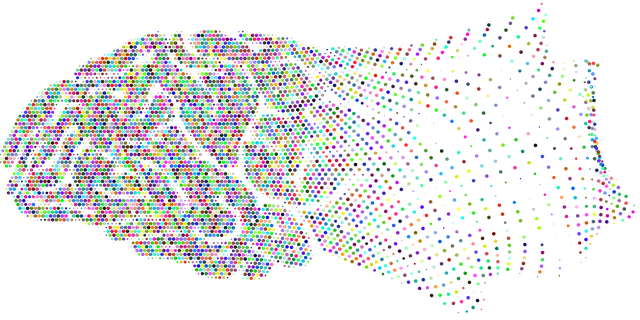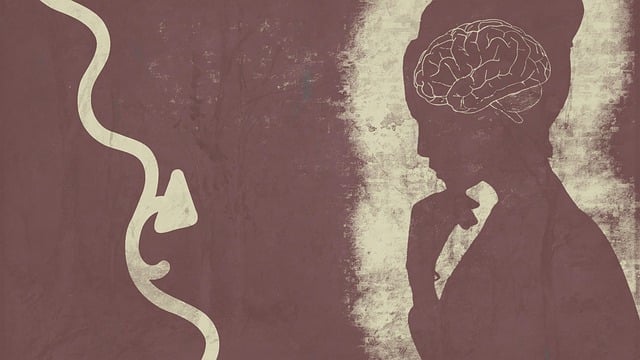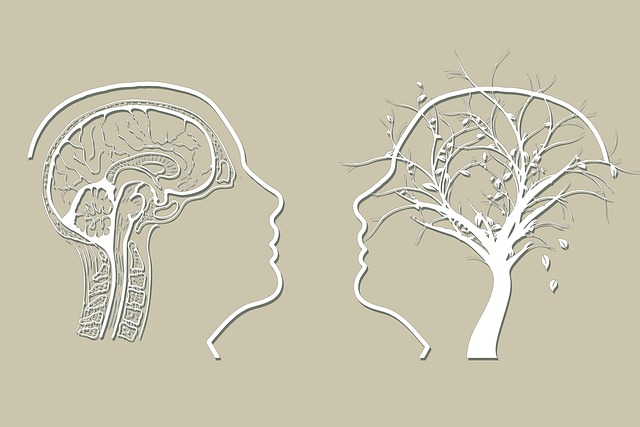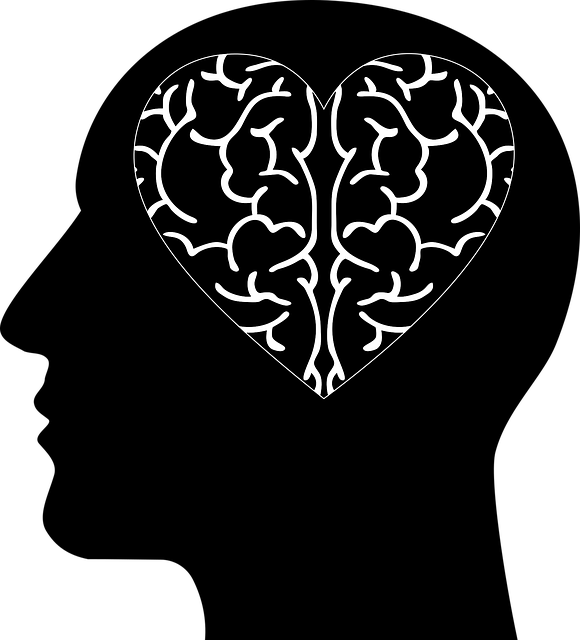Adult survivors of abuse face unique mental wellness challenges due to trauma-related issues. Customized coaching programs, combining active listening, non-judgmental support, and mindfulness meditation, offer safe spaces for healing and building resilience. Evidence-based TAAS therapy and public awareness campaigns empower survivors to manage stress, process trauma, and develop healthy coping mechanisms, ensuring effective long-term mental wellness.
Mental wellness coaching programs have emerged as powerful tools for supporting adults who have experienced abuse. This article delves into the critical components of developing tailored coaching initiatives, focusing on the unique needs of survivors. We explore strategies for creating safe spaces and designing effective coaching methods to foster healing and personal growth. By implementing supportive techniques, these programs enhance mental wellness and empower individuals to overcome trauma, offering a promising avenue for therapy among adults abuse survivors.
- Understanding the Unique Needs of Adult Abuse Survivors
- Designing Effective Coaching Programs for Healing and Growth
- Implementing Supportive Strategies to Enhance Mental Wellness
Understanding the Unique Needs of Adult Abuse Survivors

Adult survivors of abuse often face unique challenges when it comes to mental wellness. The experience of trauma can lead to complex emotional and psychological issues that require tailored support. Many survivors struggle with feelings of shame, guilt, and a distorted sense of self-worth, which can hinder their ability to access traditional therapy methods. Customized coaching programs recognize these complexities and aim to provide a safe space for healing.
Empathy Building Strategies, such as active listening and non-judgmental support, are crucial in fostering trust between the coach and client. Mindfulness Meditation techniques can help survivors manage intense emotions and reduce stress levels, allowing them to develop healthier coping mechanisms. By incorporating these strategies and focusing on individual needs, coaching programs empower adults who have experienced abuse to reclaim their mental wellness and build resilience.
Designing Effective Coaching Programs for Healing and Growth

Designing effective coaching programs for healing and growth requires a nuanced approach, especially when catering to adults who have survived abuse. These individuals often face complex emotional challenges that need specialized support. A well-structured coaching program can provide a safe space for them to process their experiences, build resilience, and cultivate healthy coping mechanisms.
Incorporating elements like cultural sensitivity in mental healthcare practice is vital. Understanding and respecting each client’s unique cultural background ensures tailored support, fostering trust and engagement. Trauma support services within these programs should include evidence-based techniques such as mindfulness meditation, helping clients to regulate emotions, reduce stress, and promote overall mental wellness. By combining therapeutic practices with a focus on personal growth, coaching programs can empower survivors to heal and thrive.
Implementing Supportive Strategies to Enhance Mental Wellness

Implementing supportive strategies is a cornerstone of mental wellness coaching programs, especially when tailored for adults who have survived abuse. Therapy for Adults Abuse Survivors (TAAS) often requires approaches that address complex emotional trauma and its lasting effects. Coaches play a vital role in fostering resilience by teaching coping mechanisms and providing safe spaces to process past experiences.
Public Awareness Campaigns Development can highlight the importance of early intervention, while Stress Management Workshops Organization offers practical tools for mood management. These strategies collectively contribute to creating an environment where individuals feel empowered to take charge of their mental health. By integrating such initiatives, coaching programs not only support survivors in managing immediate challenges but also equip them with long-term skills to navigate life’s stressors and maintain emotional equilibrium.
Mental wellness coaching programs tailored for adults who have experienced abuse hold immense potential for healing and growth. By addressing the unique needs of this population, coaches can implement effective strategies that support their clients’ journeys towards resilience and well-being. The development of such programs requires a deep understanding of trauma and its impact, allowing for targeted interventions that go beyond traditional therapy models. Through supportive coaching, individuals can navigate their experiences, process emotions, and cultivate healthy coping mechanisms, ultimately enhancing their mental wellness and fostering a brighter future.














